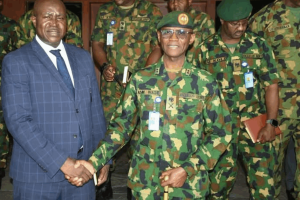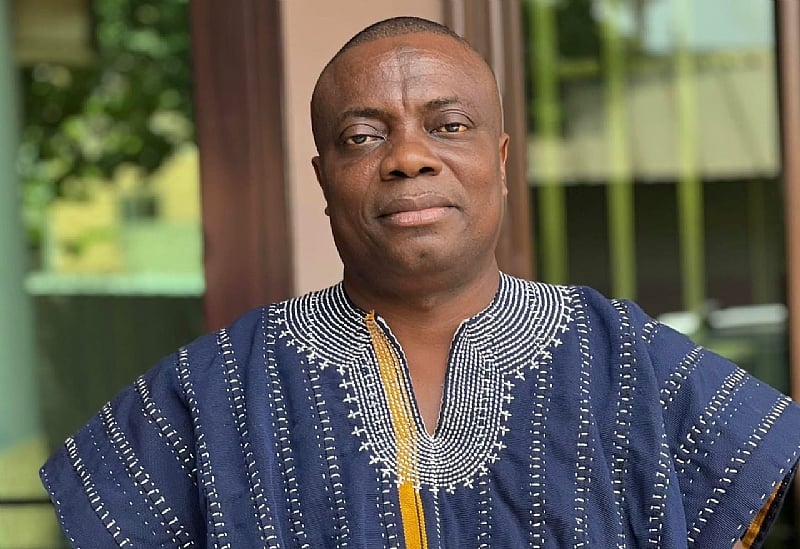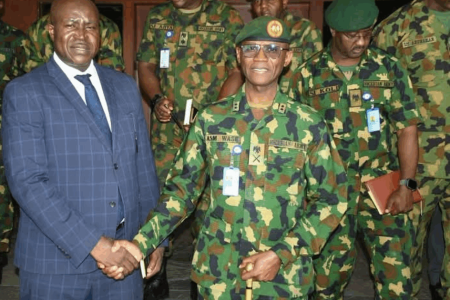Global Info Analytics, a research and polling firm, successfully predicted the outcome of the Akwatia by-election, demonstrating the increasing reliance on scientific polling and data analysis in Ghanaian politics. Mussa Dankwah, the Executive Director of Global Info Analytics, described the experience as one of the most challenging and rewarding of his career. The high stakes of the election and intense scrutiny surrounding the poll created immense pressure, with critics poised to discredit the firm if the projection proved inaccurate. Dankwah acknowledged the potential for severe backlash if his prediction was wrong, comparing the situation to being “taken to the slaughterhouse.” However, the accuracy of the forecast ultimately validated their methodology and highlighted the shifting dynamics of the Ghanaian electoral landscape.
The Akwatia by-election served as a microcosm of the evolving political landscape in Ghana. The success of Global Info Analytics’ prediction underscored the declining influence of traditional campaign tactics such as propaganda and emotional appeals. Dankwah emphasized that the days of winning elections based on rhetoric alone are over. Instead, a more data-driven approach is required, focusing on understanding voter behavior and demographics. He argued that political parties must adapt to this new reality and recognize the significant role of scientific polling and research in shaping electoral outcomes.
A key factor driving this shift is the changing demographic of the Ghanaian electorate. Dankwah pointed out that young voters, primarily those under 35 years old, now constitute over 70% of the voting population. This demographic is characterized by its high level of digital connectivity and access to information, making them less susceptible to manipulation and more discerning of political messaging. This younger generation is more likely to fact-check claims and hold politicians accountable for their words and actions. As a result, political campaigns must prioritize evidence-based arguments and credible data to effectively engage with this informed electorate.
The implications of this demographic shift are far-reaching. Political parties can no longer rely solely on traditional campaigning methods. They must adopt a more data-driven approach, leveraging polling data and analytics to understand voter preferences and tailor their messages accordingly. This requires investing in research and developing strategies that resonate with the younger, digitally connected electorate. Failure to adapt to this evolving landscape risks alienating a significant portion of the voting population and diminishing electoral prospects.
Global Info Analytics’ accurate prediction of the Akwatia by-election results showcased the power of scientific polling in understanding voter behavior and predicting electoral outcomes. The firm projected that the National Democratic Congress (NDC) candidate, Bernard Baidoo Bediako, would win with 53% of the vote. This projection was ultimately confirmed by the official results released by the Electoral Commission, with Bediako securing 18,199 votes compared to 15,235 for his closest rival, Solomon Kwame Asumadu of the New Patriotic Party (NPP). The remaining votes were split between Owusu Patrick of the Liberal Party of Ghana (LPG), who received a negligible 82 votes, and 303 rejected ballots.
The Akwatia by-election serves as a case study for the transforming political landscape in Ghana. The triumph of data-driven analysis over traditional campaign strategies signals a significant shift in the dynamics of electoral politics. The growing influence of a young, informed, and digitally connected electorate demands a more sophisticated approach to campaigning. Political parties must embrace data analysis and scientific polling to understand voter preferences, craft targeted messages, and ultimately, achieve electoral success in this new era of Ghanaian politics. The success of Global Info Analytics underscores the importance of adapting to these changes and recognizing the power of data in shaping electoral outcomes.














